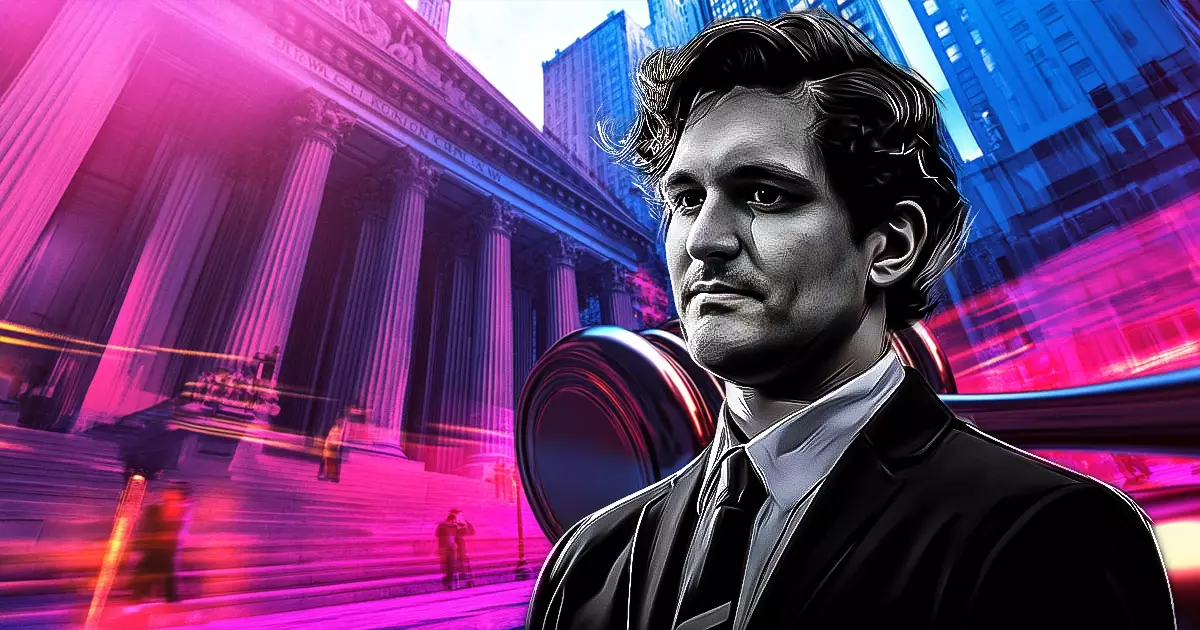The downfall of FTX, once a prominent cryptocurrency exchange, has been a significant event in financial history. At the center of this controversy is Sam Bankman-Fried, the exchange’s founder, who has recently faced the harsh repercussions of his leadership during the company’s collapse. His conviction and sentencing have been the subject of intense scrutiny and legal discourse, culminating in an appeal to the Second Circuit Court of Appeals aimed at overturning the court’s previous decision. However, the recent dismissal of his appeal reveals the complexities and challenges inherent in cases involving financial fraud.
Legal Grounds of the Appeal
In his appeal, Bankman-Fried argued that his trial was marred by judicial bias and procedural errors that he claimed compromised his defense. Specifically, he accused Judge Lewis Kaplan of constraining his ability to present critical evidence and articulate key arguments that could have influenced the jury’s perception of his intentions and actions. Central to his argument was the assertion that the financial struggles of FTX were exaggerated, positing that there remained a viable path for customers to recover their assets. These claims, however, were met with skepticism by the government, who asserted that they lacked substantive merit.
In a robust rebuttal, federal authorities meticulously dismantled Bankman-Fried’s claims, focusing on the absence of any demonstrable errors or unfair bias throughout the trial process. They articulated that the jury’s verdict was reached based on comprehensive evidence and that the legal principles applied were consistent with standard practices in fraud cases. Notably, the government defended the court’s instruction regarding “no-ultimate-harm,” emphasizing its relevance in the context of financial fraud and rebutting Bankman-Fried’s objections to evidentiary limitations. They maintained that the matters he sought to address—potential losses and customer reimbursements—were not only irrelevant but also misleading.
The rejection of Bankman-Fried’s appeal provides critical insights into how the judicial system handles complex fraud cases. It underscores the importance of maintaining stringent evidentiary standards and the necessity for defendants to build a solid factual foundation for their claims. In this instance, Bankman-Fried’s reliance on claims of judicial bias and procedural missteps did not resonate with the higher court, illustrating the challenges faced by individuals attempting to recover from a conviction in the realm of financial crimes.
The recent court filing, which upheld the original decision against Bankman-Fried, not only reaffirms the integrity of the judicial process but also serves as a cautionary tale for future defendants facing similar allegations. As FTX continues to unravel its complicated legacy, the outcome of Bankman-Fried’s appeal signifies that the quest for justice in financial fraud cases is both grueling and uncompromising, with the courts steadfast in their scrutiny of the evidence presented. The narrative surrounding Bankman-Fried and FTX will likely persist, drawing continuing interest from legal experts and the public alike as it unfolds in the broader context of regulatory and legal responses to the cryptocurrency industry’s growing pains.


Leave a Reply